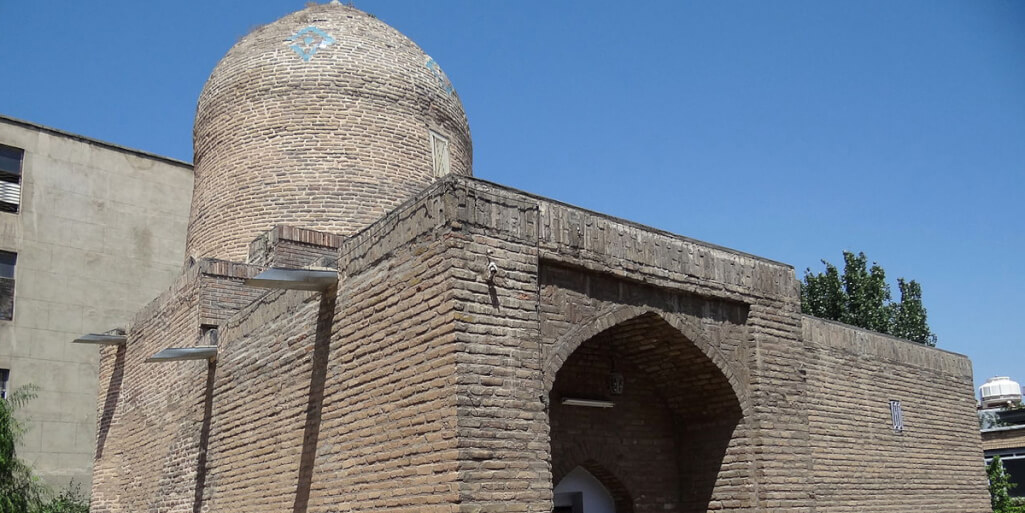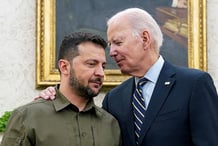A partial, possibly deliberate, a fire broke out in the Jewish “Tomb of Esther and Mordechai” in Hamadan, western Iran, last Thursday, while Iranian police opened an investigation into the incident.
The prosecutor in Hamadan, Hassan Khanjani, said that a judicial file had been opened and that the police were following up on the file but had not reached any result, adding that they have not arrested anyone until today, according to what came on the website (Russia Today).
Khanjani added that the judiciary is investigating the fire of the cemetery of Esther and Mordechai, noting that the details of the accident have not been clear yet.
The Youth Correspondents Club site of state television stated that a person tried to sneak into the cemetery from a neighboring bank, to carry out some sort of secret procedures, but that he did not succeed.
Ali Malmir, director of the Cultural Heritage, Tourism and Handicraft Organization of Hamadan, confirmed that the building adjacent to the shrine of Esther and Mordechai was subjected to a partial fire.
Malmer added that the electrical wires and carpets in the building next to the shrine were damaged, confirming that none of the main grave sections were burned.
Iranian opposition websites reported that Jewish organizations in the United States of America condemned the incident and called on Iranian officials to prosecute the perpetrators.
The head of the Jewish Anti-Defamation League in New York described on Twitter that the cemetery had been burned “disturbing and anti-Judaism”, and he called on Tehran to protect holy places related to religious minorities.
The cemetery was threatened with destruction in December 2010, when a number of Abu Ali Sina University students in Hamadan city gathered inside the cemetery, and threatened to destroy it in the event of any damage to the Al-Aqsa Mosque.
The cemetery of Esther and Mordecai is considered one of the most important Jewish religious shrines in Iran and the world. It includes the remains of Esther, the Jewish wife of King Khashariyar, one of the Persian kings, and her cousin, Mordechai, who persuaded the Persian king to allow the Jews to live freely in Iran at that time, about 500 BC.














